How to Protect Our Children Online
With the increasing use of technology, it is no surprise that children’s engagement with online platforms and digital devices have also increase. As young as a few months old, children are exposed to the internet for entertainment and sometimes for research purposes, however, they are also exposed to potential threats that may arise.
According to an article published by Pew Research Center (2020), children as young as 8 years old use social media platforms.
Some of the threats are but not limited to;
- Online grooming – The idea of sexually abusing and exploiting children is horrifying. Regrettably, advances in technology have made it simpler for adults who are interested in sexual relations to approach minors directly and engage in internet grooming. People have also been known to pose as children or even younger than they actually are. 80% of children in 25 countries report feeling in danger of sexual abuse or exploitation (UNICEF).
- Cyberbullying and Harassment – More than a third of young people in 30 countries report being cyberbullied, with 1 in 5 skipping school because of it (UNICEF).
- Sextortion and Child Pornography – Sextortion is an online kind of blackmail in which an individual attempts to coerce another person into doing something against their will, such as sending them money, by using explicit, nude, or sexual images or videos of them, whether they are genuine or fake. This might be a genuine photo that they posted online or one that was taken without their consent. Some photos that have been posted online may not even exist, or offenders may have altered them using artificial intelligence. However, it may be quite terrifying to think that they might be discovered.
- Social Engineering and Intrusion of Privacy – Cybercriminals might utilize techniques known as “social engineering” to get personal information from victims. Children’s internet privacy may be at risk in a number of ways, including identity theft, data breaches, and online spying. These privacy infractions may pose a major threat to a child’s safety, well-being, and personal information. Make sure your kids understand the risk of revealing information because social engineering techniques involve asking for information in order to obtain it.

Promote Child Online Safety Home
Educate your children about online risks.
- Explain online dangers like cyberbullying, online predators, and phishing.
- Teach about the permanence of their digital footprint.
- Help them recognize and report suspicious behavior.
Use parental control software.
- Filter and block inappropriate content.
- Monitor online activity and receive reports.
- Set time limits for internet use.
Set clear rules and guidelines.
- Establish rules for internet use, such as specific times and places.
- Define acceptable online behavior.
- Outline consequences for breaking rules.
Encourage open communication.
- Create a safe space for discussing online experiences.
- Listen actively to their concerns.
- Discuss difficult topics like cyberbullying and privacy.
Be involved in your child’s online activities.
- Know their online friends.
- Explore the internet together.
- Stay updated on the latest trends and platforms.
Teach the importance of privacy.
- Emphasize keeping personal information private.
- Teach the creation and importance of strong passwords.
- Show how to use and regularly review privacy settings.
Online Resources:
Please visit the online resources below to learn more about online safety.
Get Safe Online Trinidad and Tobago “Safeguarding Children”
The Concerned Parent’s Toolbox – Tools and Tricks to Protect Your Kids
